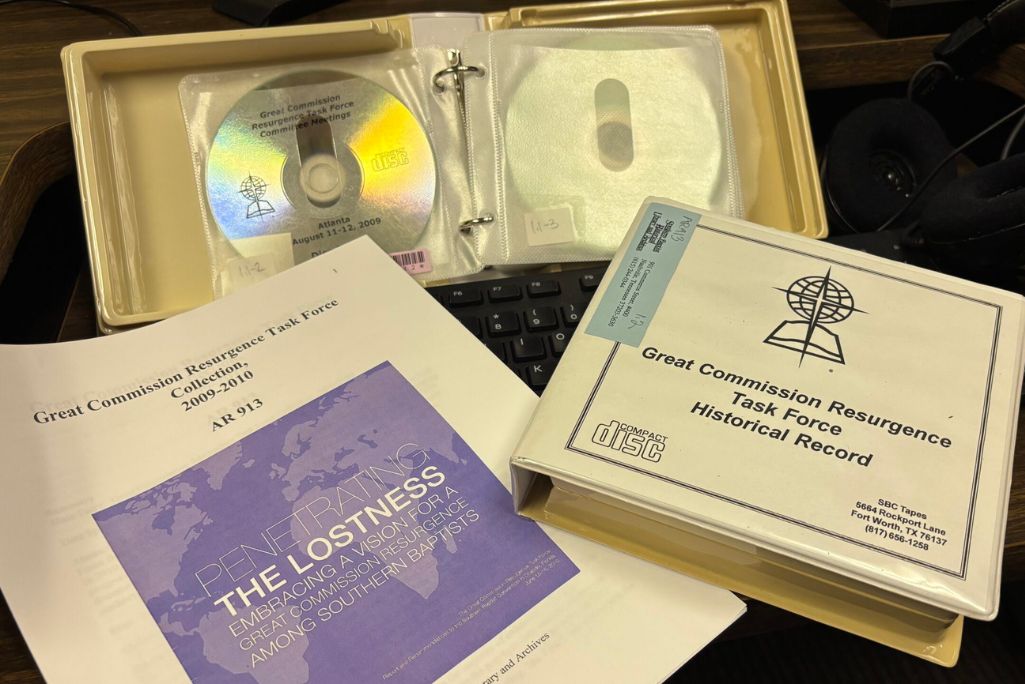
U.S. district court rules against Little Sisters of the Poor
PHILADELPHIA (BP) — A U.S. district court judge sided against the Catholic charity Little Sisters of the Poor on August 13 in the latest chapter of a battle that has been going on nearly 12 years.
“The district court blessed an out-of-control effort by Pennsylvania and New Jersey to attack the Little Sisters and religious liberty,” said Mark Rienzi, president of Becket and lead attorney for Little Sisters. “It’s bad enough that the district court issued a nationwide ruling invalidating federal religious conscience rules. But even worse is that the district court simply ducked the glaring constitutional issues in this case, after waiting five years and not even holding a hearing.
“It is absurd to think the Little Sisters might need yet another trip to the Supreme Court to end what has now been more than a dozen years of litigation over the same issue. We will fight as far as we need to fight to protect the Little Sisters’ right to care for the elderly in peace.”
Little Sisters of the Poor, a nonprofit group that provides care for elderly poor, first brought suit against the U.S. Department of Health and Human Services (HHS) in 2013, claiming the Affordable Care Act’s so-called “abortion mandate” violated the charity’s First Amendment rights. The mandate required employer-provided health insurance programs to cover contraceptives, including those that may cause abortions. Churches were given an exemption, but other religious organizations were not.
The Supreme Court sided with Little Sisters in both May 2016 and July 2020 in a journey that has been watched closely by Southern Baptists. The Southern Baptist Convention’s (SBC) Ethics & Religious Liberty Commission (ERLC), GuideStone Financial Resources and other Southern Baptist entities opposed in friend-of-the-court briefs the abortion/contraception mandate and its failure to protect nonchurch-related, nonprofit organizations that object to the requirement. GuideStone and the ministries it represents had previously won in its own legal challenge to the mandate.
In 2017, the first Trump administration changed the HHS rules to allow for abortion mandate exemptions for religious employers. Several states have fought that rule change. The case decided this week was a lawsuit against Little Sisters brought by New Jersey and Pennsylvania.
Judge Wendy Beetlestone, chief judge for the Eastern District of Pennsylvania, found that the Trump administration’s 2017 rule was “arbitrary and capricious” and declared the rule vacated.
Little Sisters will be appealing the decision.
Costco will not sell abortion pill
ISSAQUAH, Wash. (BP) — Retail giant Costco announced August 14 it will not sell the abortion drug mifepristone in its pharmacies, saying there is little demand for the drug.
“Our position at this time not to sell mifepristone, which has not changed, is based on the lack of demand from our members and other patients, who we understand generally have the drug dispensed by their medical providers,” Costco said.
Mifepristone, taken with another drug called misoprostol, is used to terminate pregnancies. FDA rules allow for its use up to 10 weeks’ gestation.
Last summer, the Supreme Court declined to rule against the FDA’s lax rules regarding mifepristone — rules that were loosened during the COVID-19 pandemic and were never changed back. One of those changes was allowing the mail-order distribution of the drug.
Last month, 40 Southern Baptist state executives, officers and public policy leaders signed a letter encouraging President Trump’s “immediate action” in stopping the mail-order distribution of mifepristone.
Alliance Defending Freedom legal counsel Michael Ross applauded Costco for “doing the right thing by its shareholders.”
“Retailers like Costco keep their doors open by selling a lifetime of purchases to families, both large and small,” Ross said in a statement. “They have nothing to gain and much to lose by becoming abortion dispensaries. Retail pharmacies exist to serve the health and wellness of their customers, but abortion drugs like mifepristone undermine that mission by putting women’s health at risk.”


